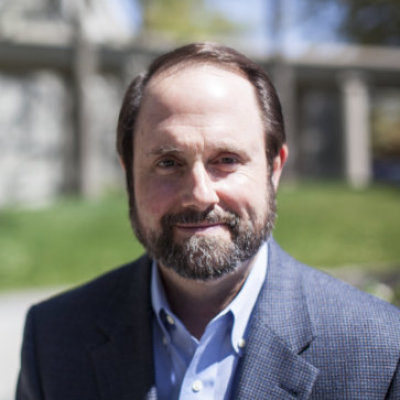Are we living in the end times?

Someone asked a wise older pastor his view of the “end times.”
He smiled and said, “The Lord put me on the preparation committee, not the planning committee.”
He spoke for us all.
We cannot control how the Lord chooses to end history. Our theories about the future are just that. The word of God is too practical to focus extensively on an issue that possesses no pragmatic value for our lives.
If I could prove a particular theory of the end times to you, would such knowledge change your life today?
Nonetheless, sincere Christians passionately debate those issues which relate to “eschatology” (the doctrine of “last things” or the “end times”).
In this essay, we’ll briefly survey the various options held by biblical interpreters. And we’ll seek practical applications for our lives today.
Theories about the future
Regarding the book of Revelation and other eschatological biblical texts, seven approaches find support among evangelical scholars.
The preterist approach
Listed in no particular order, we begin with the preterist approach. This position asserts that Revelation and other eschatological literature was written primarily for the encouragement of their immediate audiences, not to predict or speak to the future.
Scholars in this tradition emphasize the “apocalyptic” nature of eschatological literature. “Apocalyptic” (from the Greek word for “unveiling”) was a popular literary approach from 200 BC to AD 200. It used symbolic, visionary, and dramatic elements to convey encouragement and hope to persecuted people.
Preterists argue that Revelation matches every description of “apocalyptic” literature, except that it names its author (“apocalyptic” writings are typically pseudonymous). And so they interpret Revelation as we understand Philippians—a first-century book with perennial spiritual application. They would not see the book or other eschatological literature as predictive in nature, but as intended first for their original, persecuted audiences.
The continuous-historical approach
A second approach is known as the continuous-historical school. It sees Revelation and other eschatological texts as forecasting the development of history. It located specific texts with specific events through history. While this approach was popular with Luther, Calvin, and other reformers, it is the least popular of the seven today.
The spiritual principles approach
A third interpretive method views eschatological texts with regard to spiritual principles. It sees Revelation and other literature as teaching spiritual facts (good will triumph, God’s people must persevere, etc.), but does not relate these passages to specific historical events or issues.
The next four approaches focus in various ways on the millennium, the thousand-year reign of Christ on earth described in Revelation 20:1-6.
Postmillennialism
Postmillennialists believe that the church will usher in the kingdom on earth for a thousand years and that Jesus will return after (“post”) this millennium.
At one time, this was a very popular position, but, following two World Wars, it is much less attractive today.
Amillennialism
Amillennialists (from the Greek word a for no) believe there will be no literal millennium.
Many in this approach find seven cycles within the book of Revelation, each descriptive of life on earth from Jesus’ ascension to his return. For them, Israel is the church today, awaiting the Second Coming of our Lord.
Dispensational premillennialism
Dispensational premillennialism views Revelation and other eschatological texts primarily as a forecast of the very last days of history.
It separated Israel and the church, believing that any promises made to Israel in the Old Testament have been or will be fulfilled literally. Interpreters using this approach divide history into “dispensations,” various time periods when God dealt with humanity in different ways.
Jesus will “rapture” the church out of the world so God can return to his work with Israel during the “Great Tribulation.” This period will culminate in Jesus’ return to earth and the millennium (thus “premillennialism”), followed by the final judgment and eternity in heaven or hell.
This is the most popular position with many laypeople and pastors in conservative traditions, especially in the South. The Scofield Study Bible, Dallas Theological Seminary, and similar schools have done much to advance this approach.
Historic premillennialism
Historic premillennialism believes that Jesus will return to earth prior to the millennium but does not expect a “rapture” or seven-year Great Tribulation. It typically views Old Testament prophecies as fulfilled in the church, the spiritual Israel.
This is probably the most popular position today in conservative scholarship.
So what?
No one knows when or exactly how Jesus will return to earth. But we know that he will. As we consider the divisive subject of end-times theories, three guiding principles may be helpful.
1: Interpretive approaches must not divide fellowship.
We can agree on the essentials of the Christian faith while disagreeing about this speculative theological area.
2: We should always interpret the Bible according to its intended meaning.
Scripture can never mean what it never meant. If a suggested interpretation would hold little or no relevance or meaning for the original audience of God’s word, it is suspect for us as well.
3: We must be ready to meet the Lord whenever that day arrives.
He may come for us today, or we may go to him. Our earthly lives may end in physical death or Jesus’ return, but we will all one day stand before his throne (2 Corinthians 5:10). And we have only today to be ready. “Tomorrow” is promised nowhere in God’s word.
So live every day as if it were your last because one day you’ll be right.
Originally posted at Denison Forum.




























